One beautiful day many years ago, I was in my office donning a pair of sunglasses. I picked up my bag, slung it over my shoulder, and walked out of the shop as quickly as possible. Aside from a covert wave to my employees as I passed, I tried to avoid eye contact with anyone.
As the young owner/operator of a hip coffee shop, passersby may have observed this behavior as a snobby affectation. In truth, I was wearing sunglasses because I had been crying — hyperventilating, to be precise. For the past hour I had been sitting at my desk, apron covered in coffee grounds and head in my hands, just trying to get myself together. I had been working doubles for days, and hadn’t had a true day off in weeks. We were in the midst of a bit of turnover, and trying to hire new people. Once again, someone had called out, and I was facing the reality of yet another double.
A combined feeling of hopelessness, exhaustion and disappointment completely overwhelmed me. It felt like my life did not belong to me, it belonged to this business I had built. I had no control over my days, no ability to set boundaries, and no idea how the situation could ever change. If you had asked me what was happening to me at the time, I think I would have used the same word I would use today. Burnout.
Last year, the World Health Organization listed burnout as an ‘occupational phenomenon’ that affects mental health. All of the symptoms that are included in their definition were present for me at that time. Feeling depleted and exhausted? Check. Feeling a mental distance from my work? Yes. It also translated into cynical feelings about the commitment of my employees and the value of what we were doing. As a result, my professional efficacy was at an absolute low. I was not emotionally present for my employees or customers, and lots of things were falling through the cracks.
Burnout is especially prevalent in the food industry. The hours are long and the work is hard. Tending to customers and providing excellent hospitality is emotional labor. It can take a toll, especially if that is not something you feel innately passionate about.
Burnout may present itself in different ways for different people. Isolating, feeling irritable, and having escape fantasies are all possible indicators. Frequently getting sick can also be a clue.
If you are reading this and feeling that you are experiencing burnout yourself, take a deep breath. As with so many things, the first step towards improving a situation is admitting that there is a problem. Here are a few things that helped me, and may help you make things better:
- Get more sleep. Sometimes even just going to bed 30 minutes earlier can make a big difference.
- Get some exercise and eat real food. Cheetos, though delicious, do not count.
- Set some boundaries. This probably won’t be possible all at once, but figure out what you need, and then talk it through with your coworkers to make a plan.
- Think about the culture at your place of work. Does it need improving? Do you feel appreciated for the work you do? Do you have trusting relationships with your colleagues? If not, what would have to happen for that to change?
If you’re feeling stuck, take a good look at where you are and consider your future. Are you headed in the right direction? Do you feel respected and empowered? Making changes can be very hard, but it is almost always possible. If you try to make the adjustments above and get more push-back than you can tolerate, it may be time to move on. This is all about being honest with yourself.
Recovering from burnout does not happen overnight — it takes time. Awareness will only get you on the path. Once you’re moving in the right direction, it’s still up to you to move your feet. Take heart. Even if progress is slow, doing this will bring enormous benefits to your life, so don’t skimp. You’re worth it.
___
Lucy Valena is a food industry veteran and CEO of Raveler, a platform for improving clarity and communication for food businesses. Photo Credit to Canyon Twin.

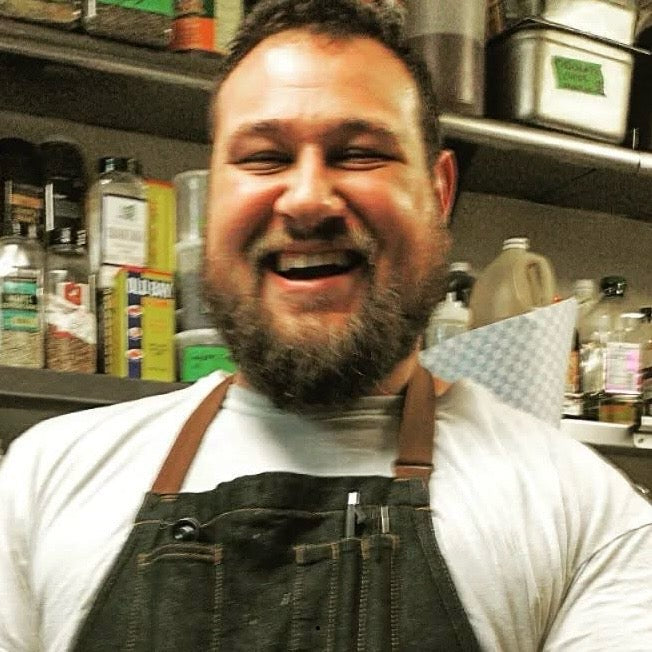
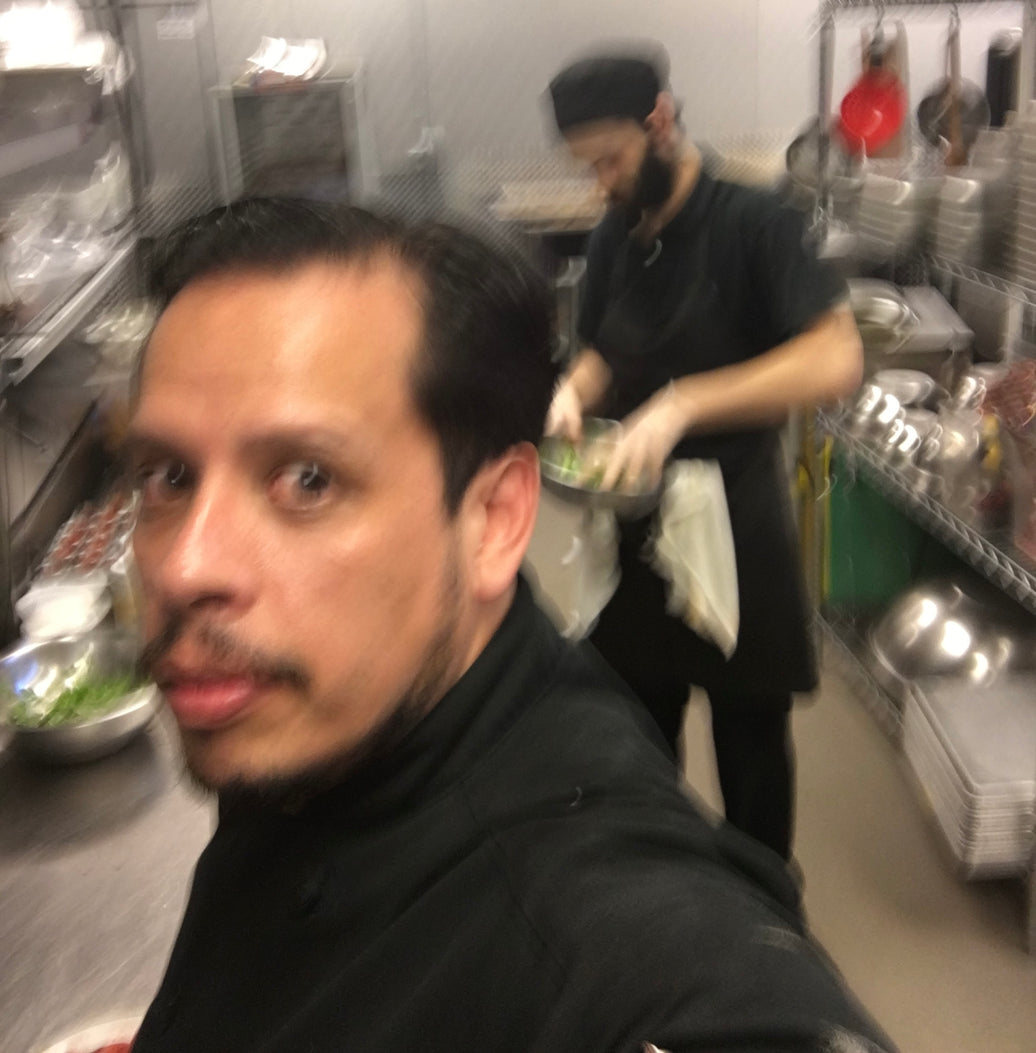

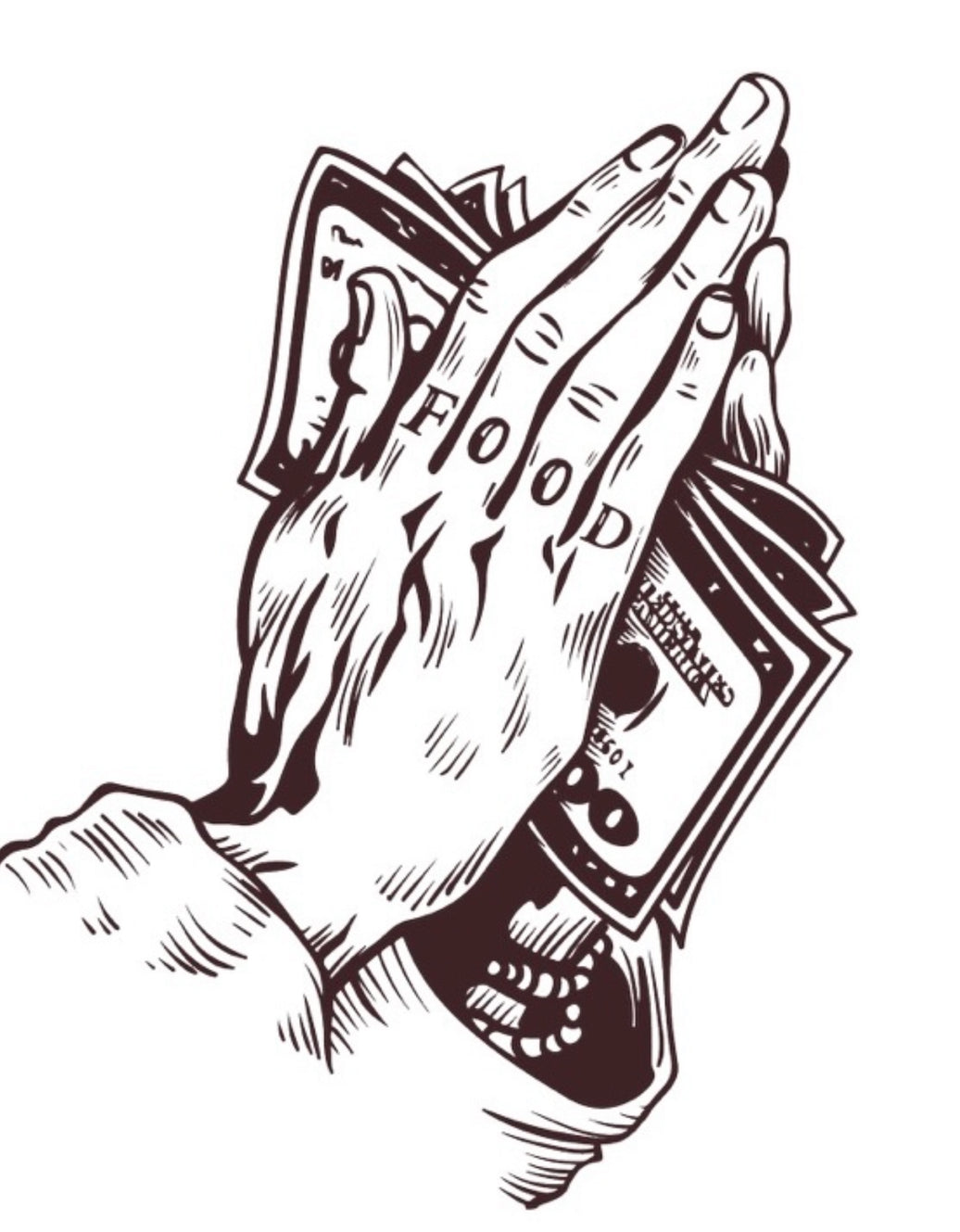
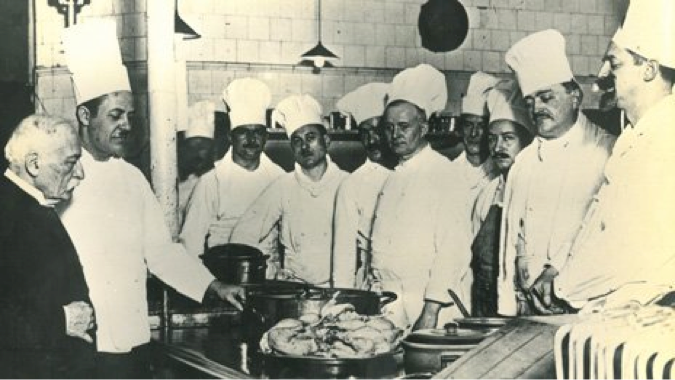
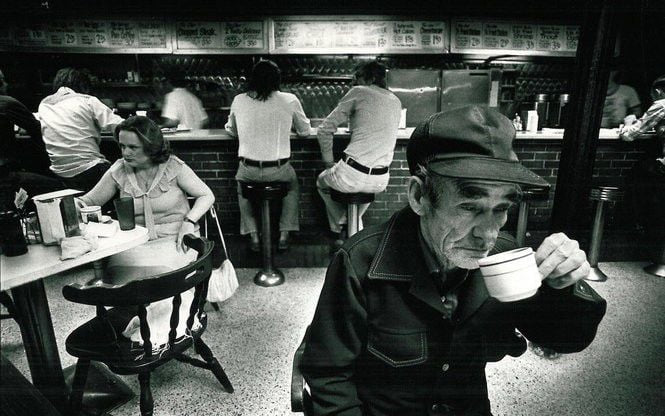
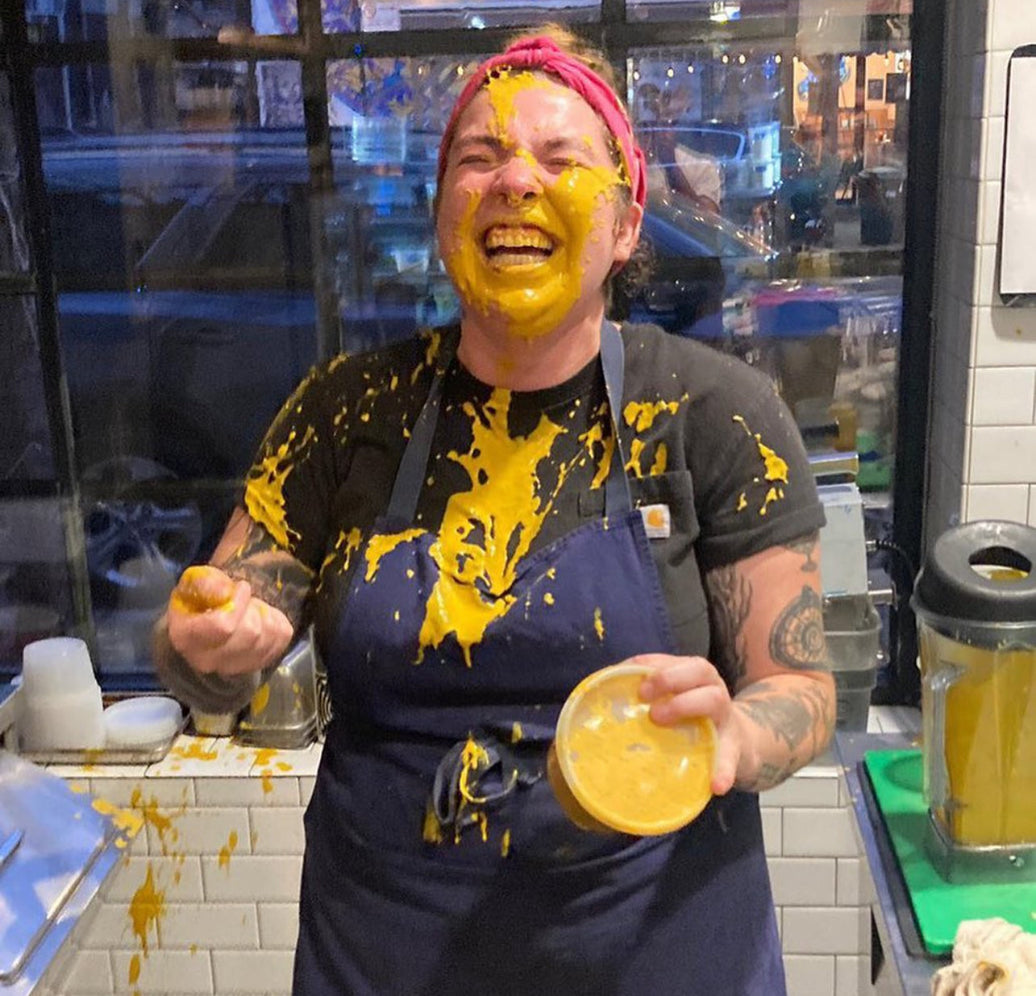
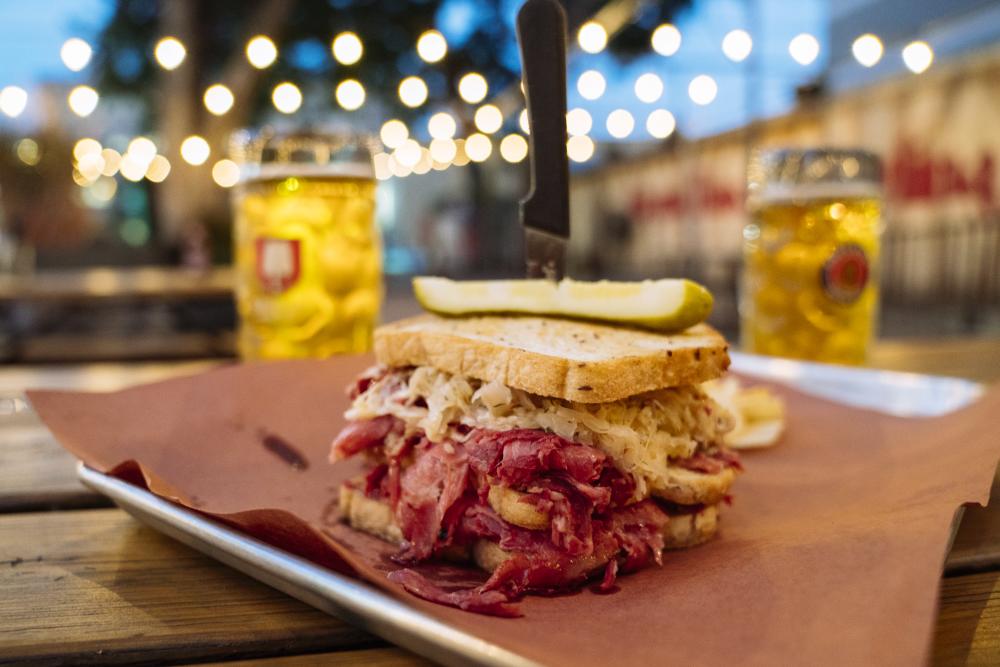
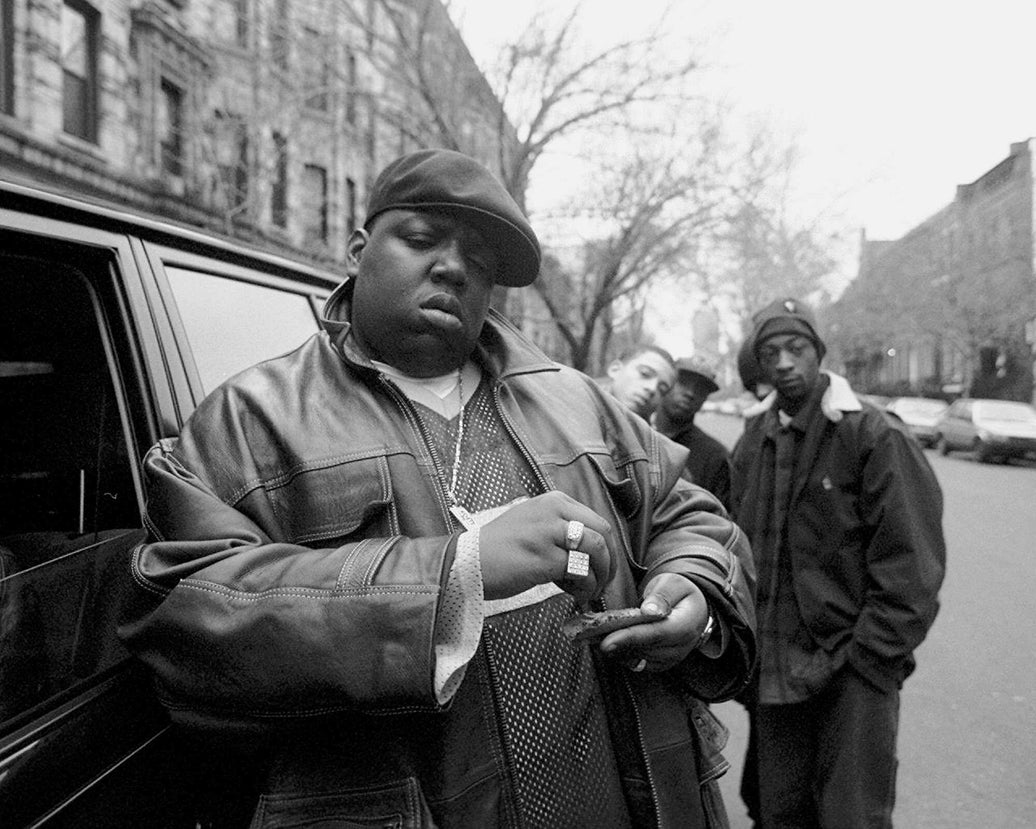
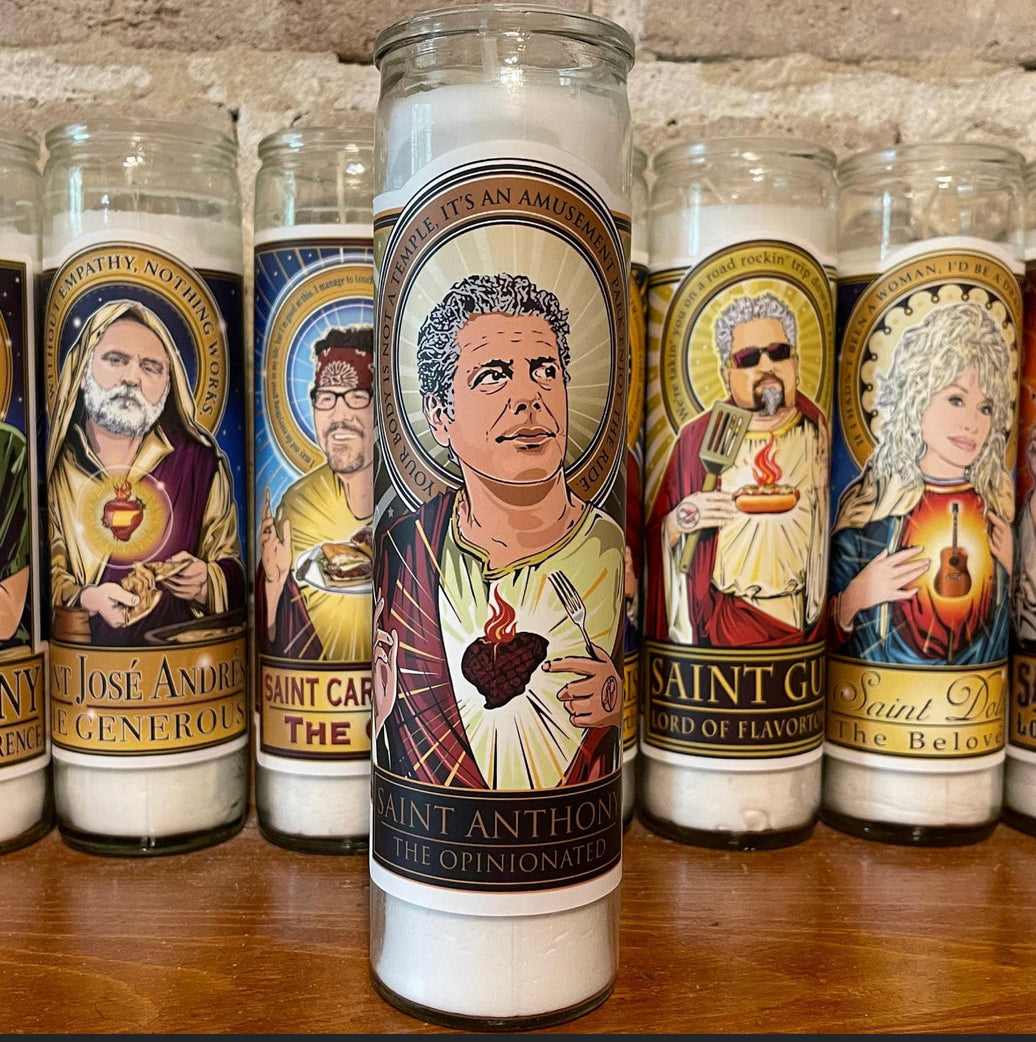



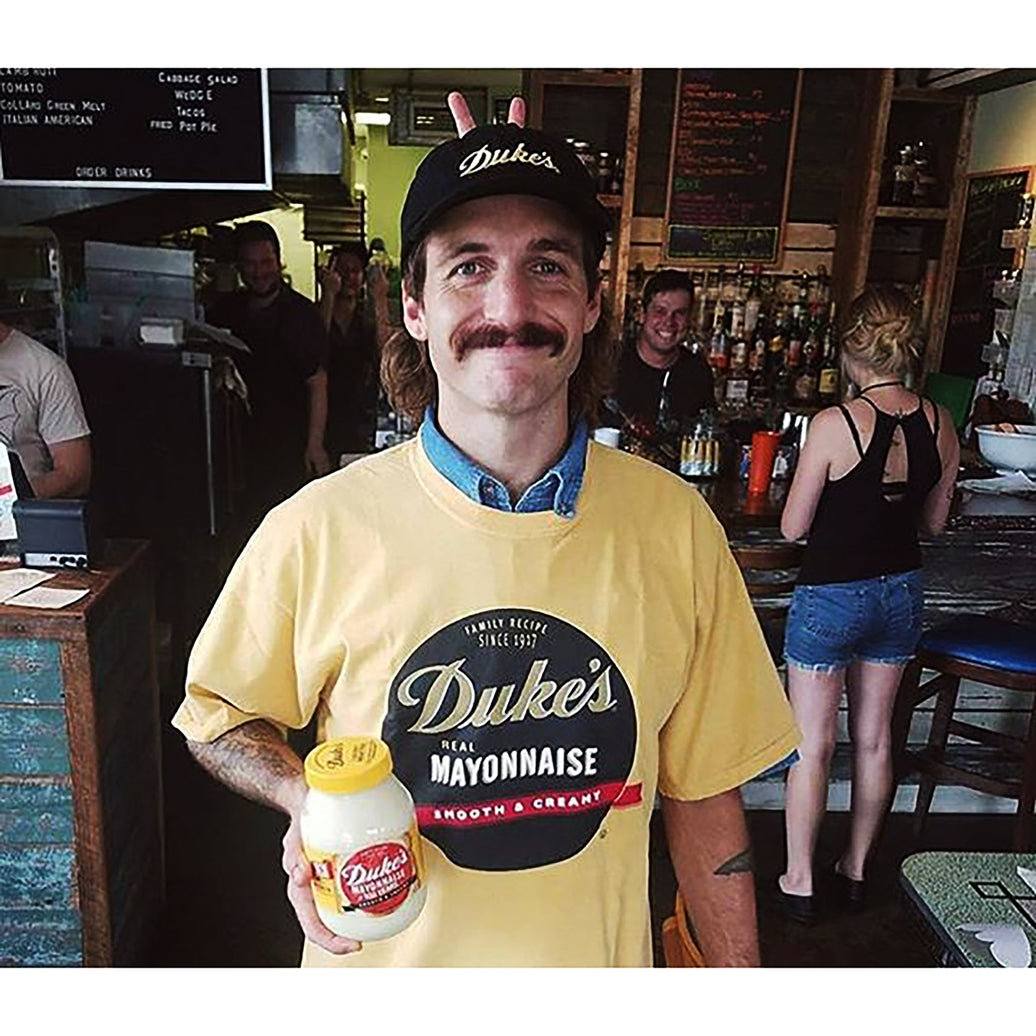
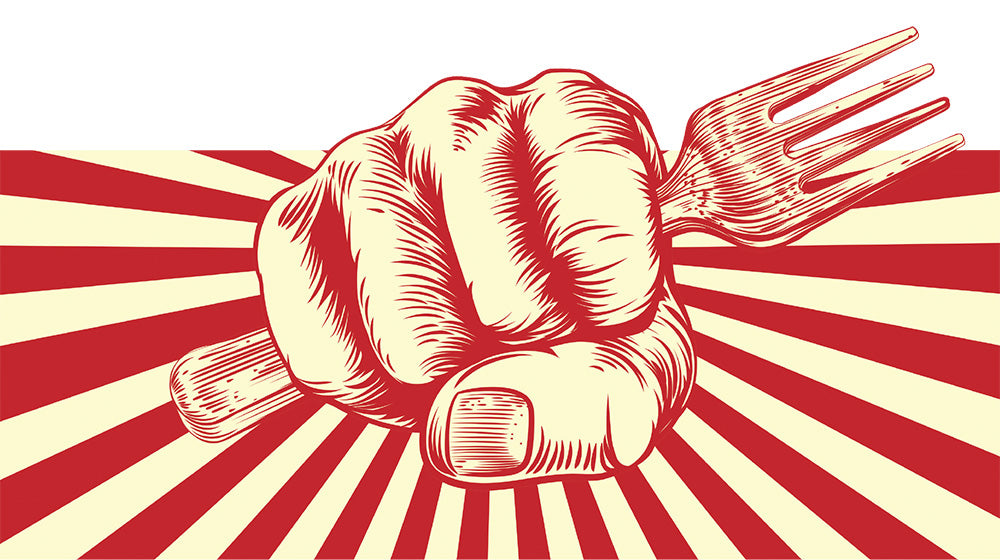
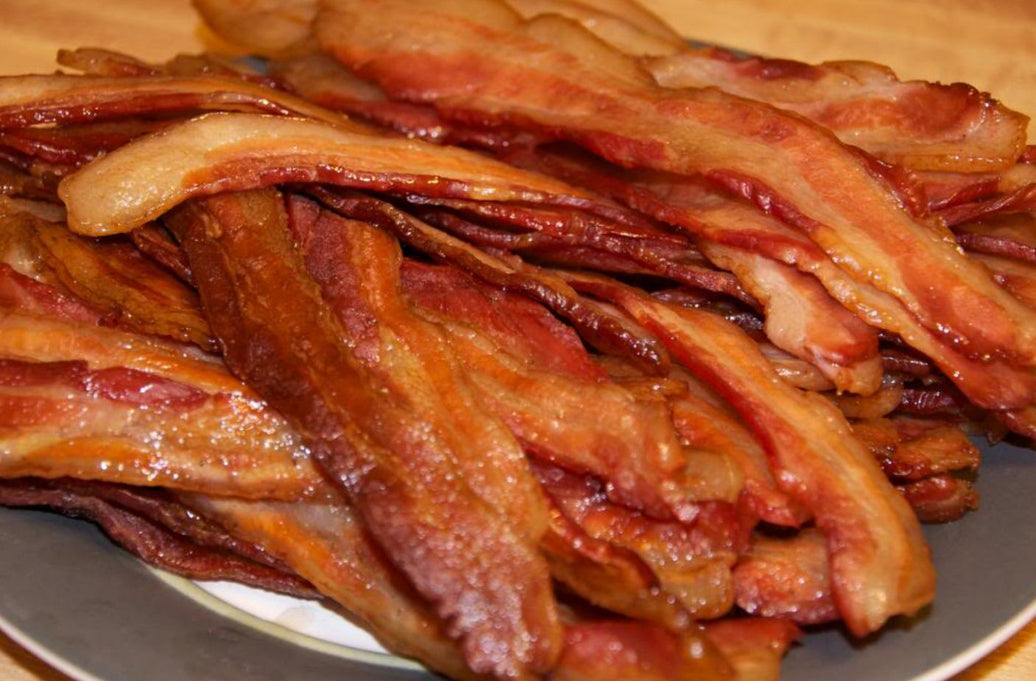

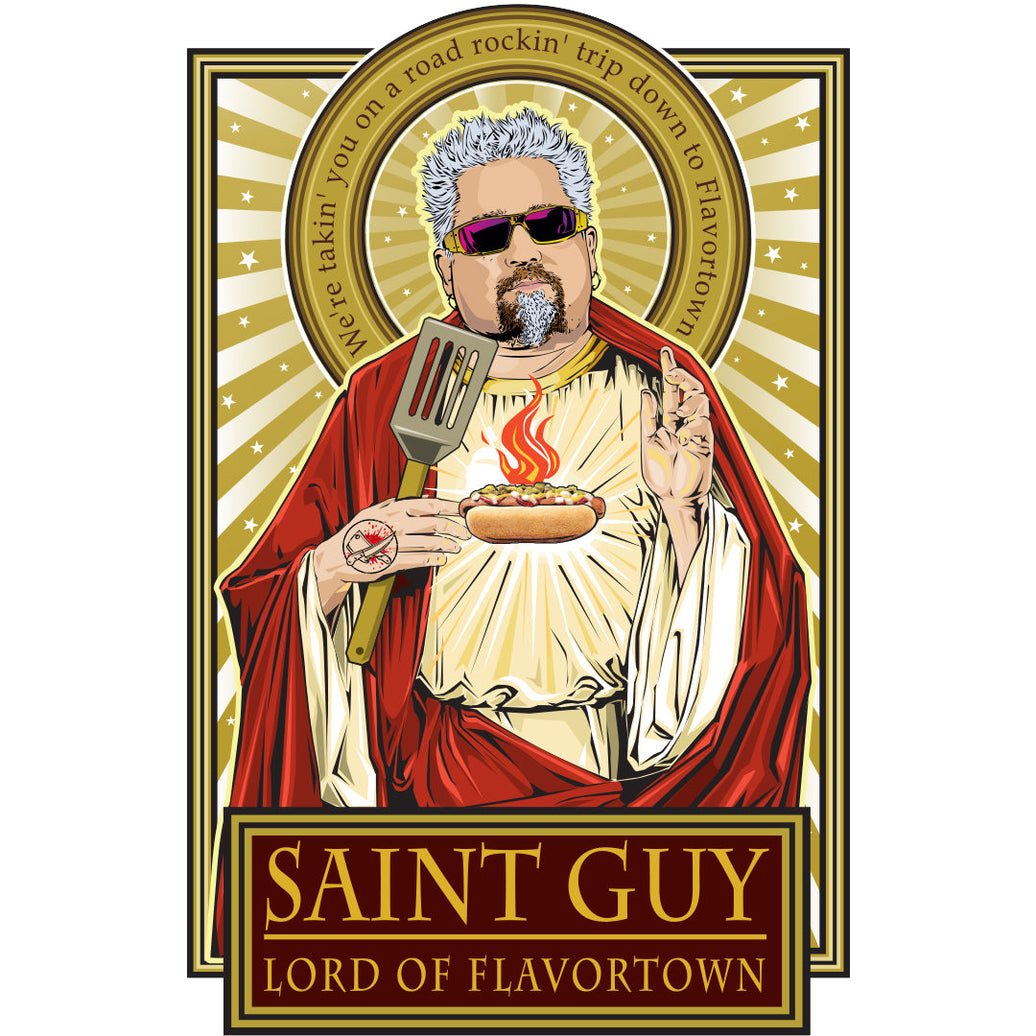
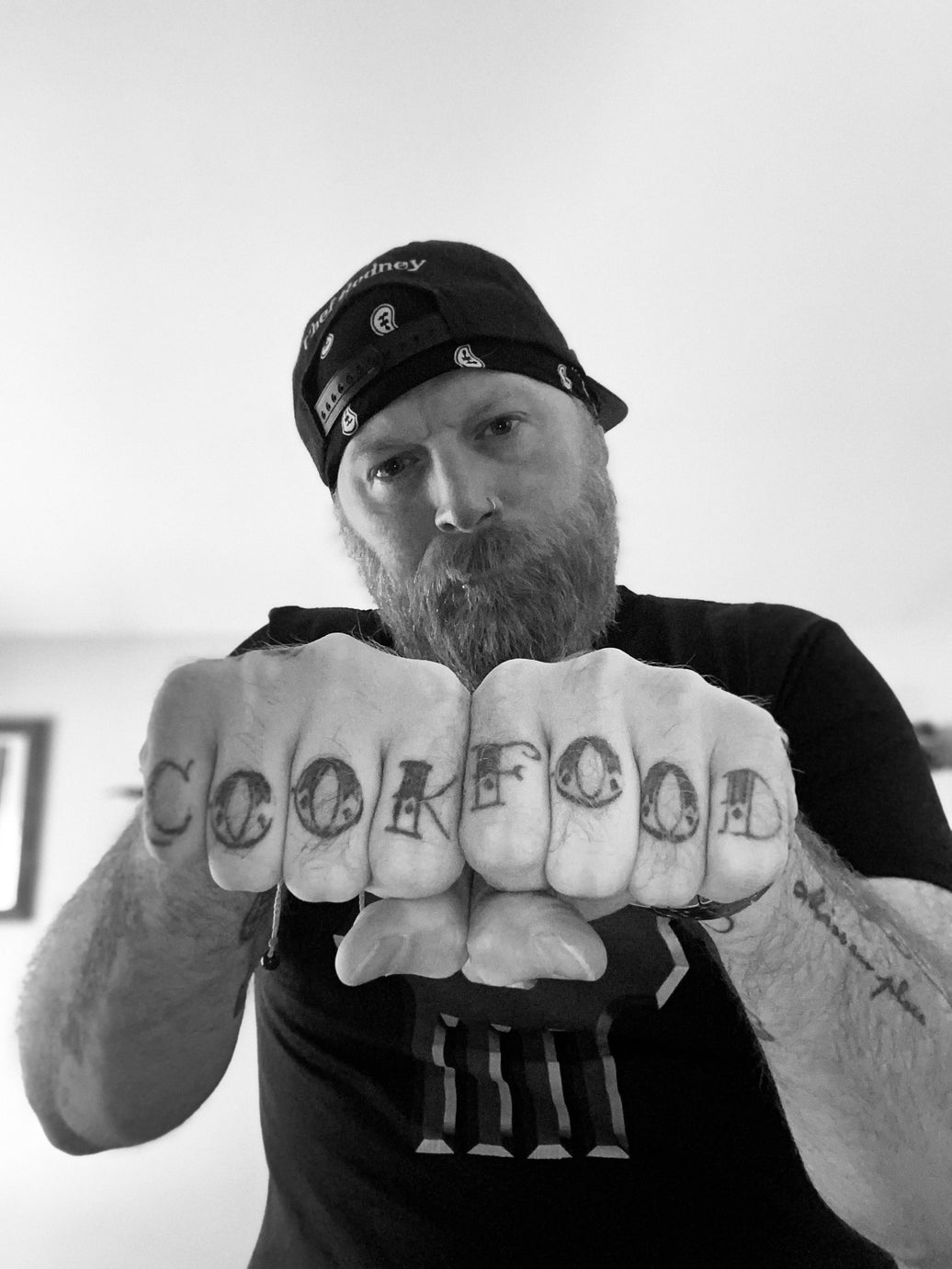
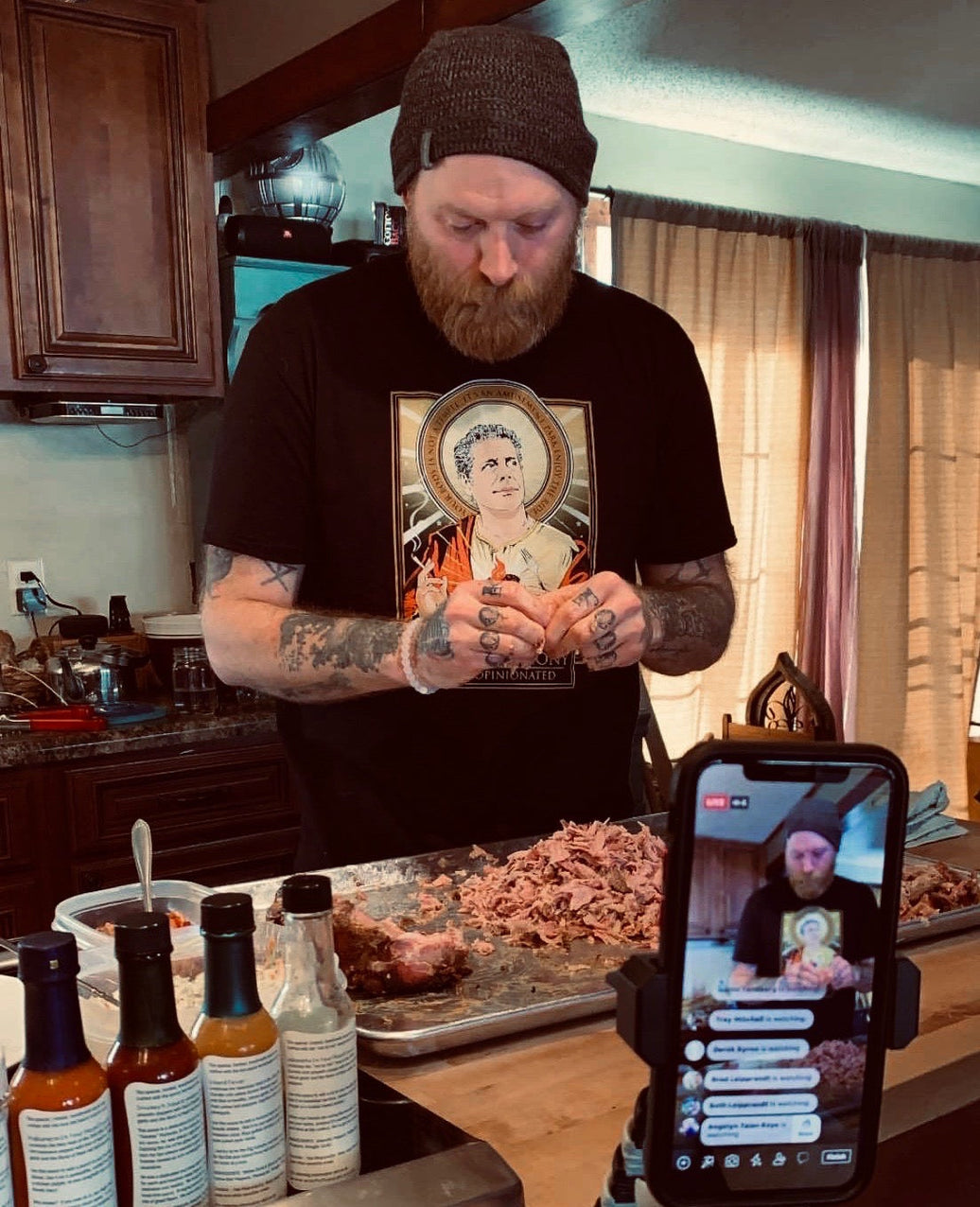
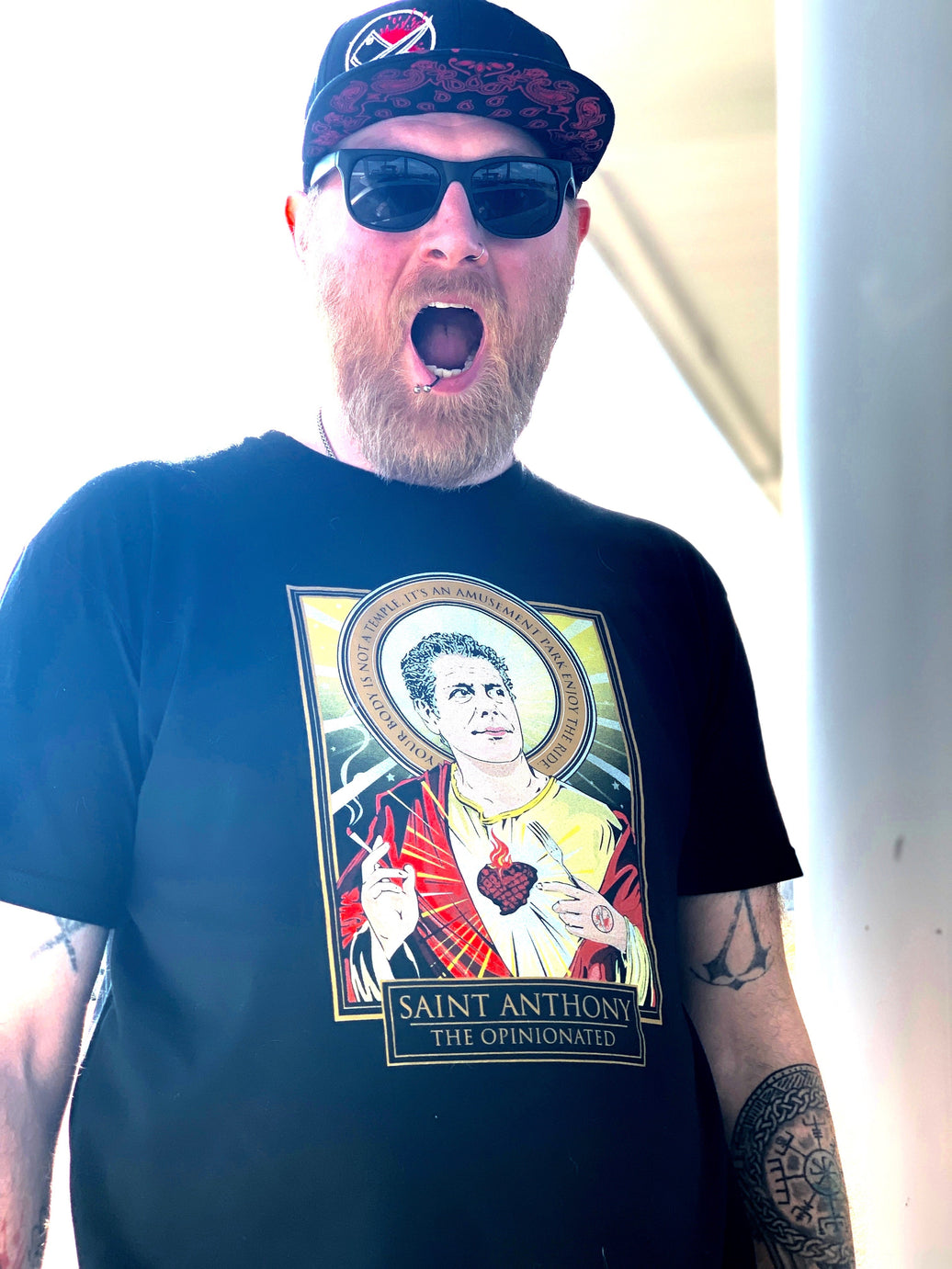
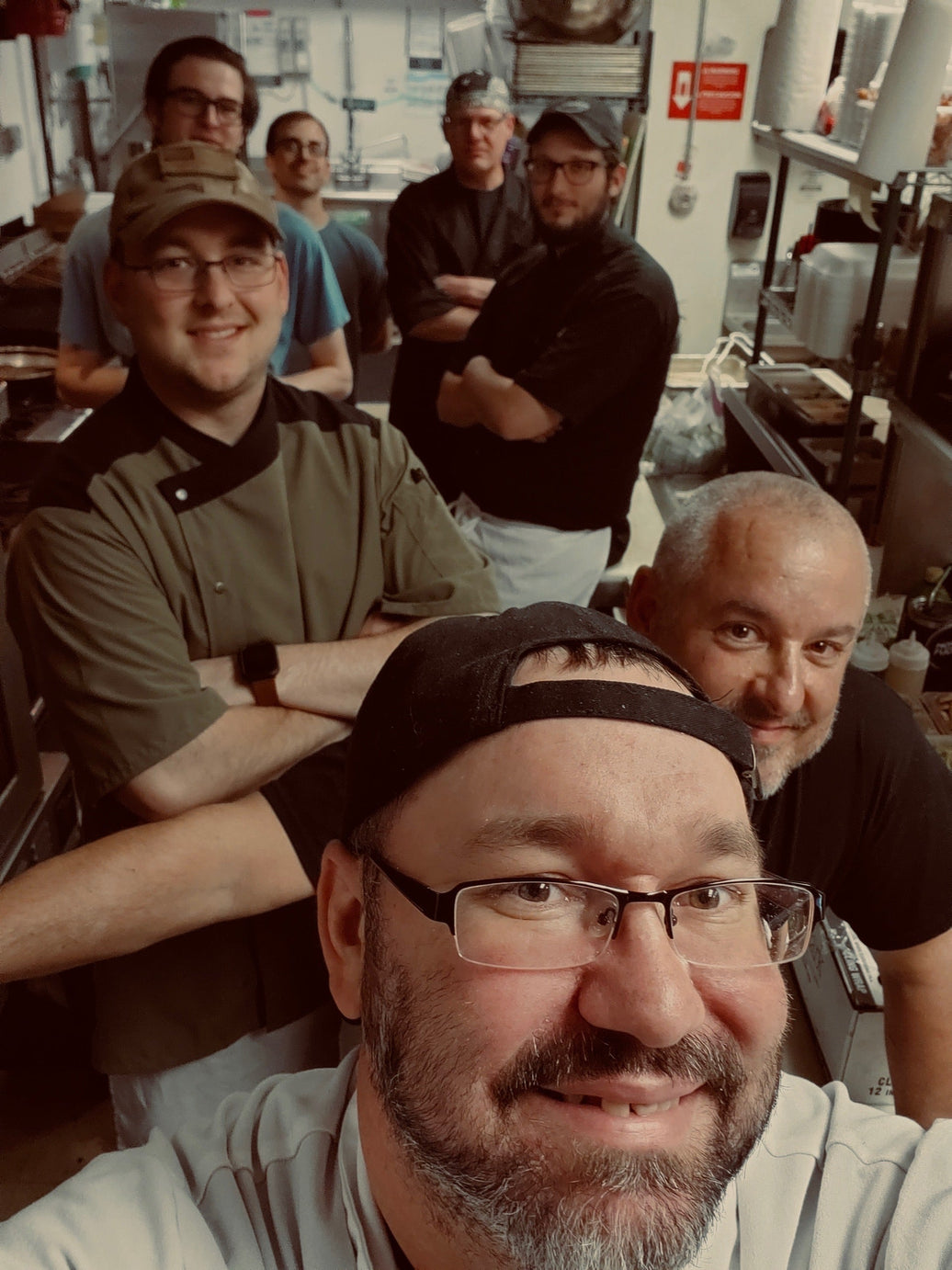
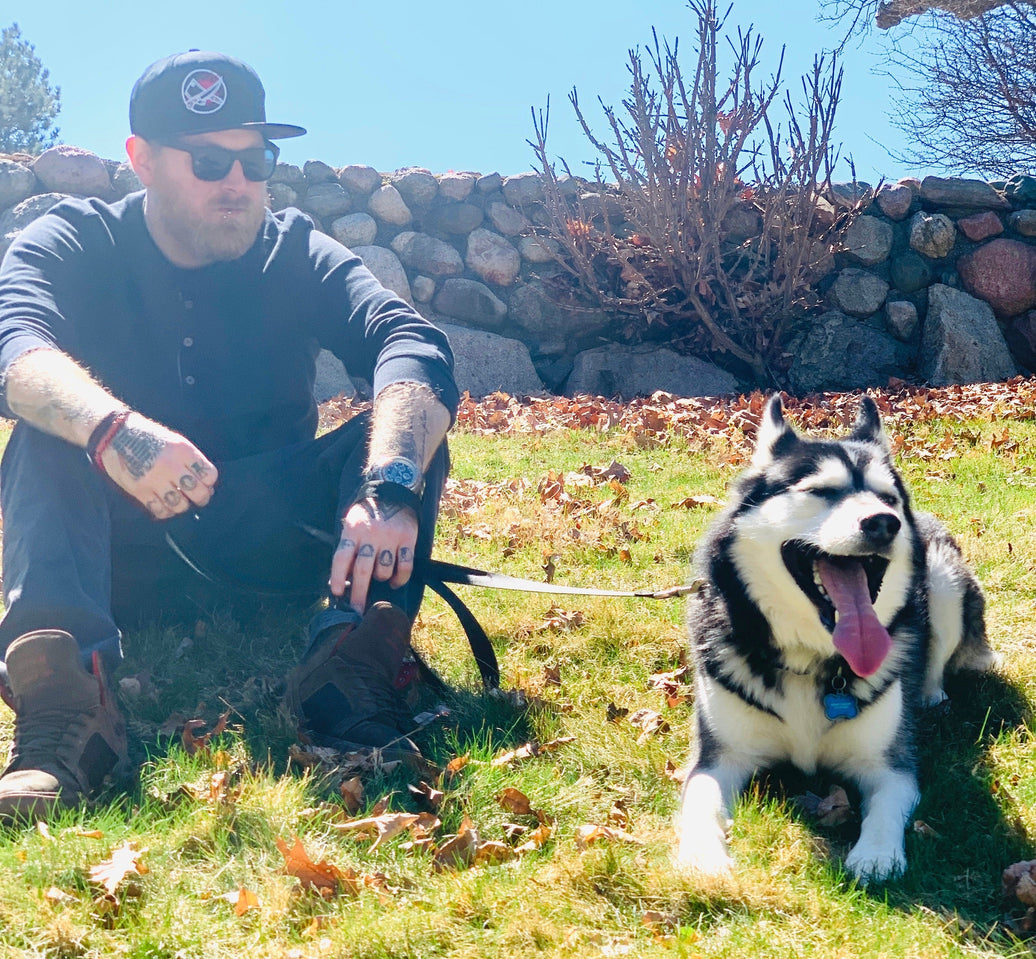

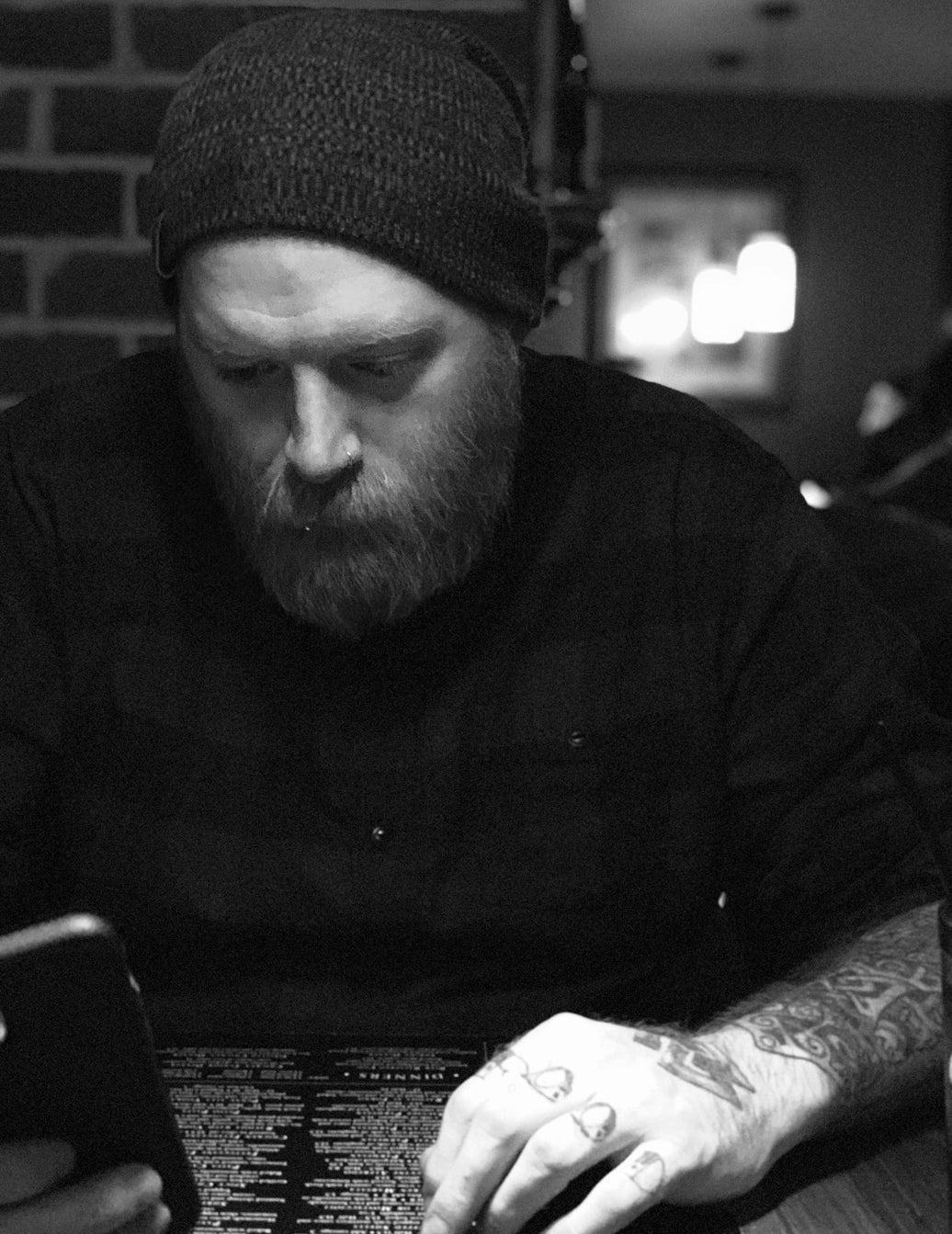
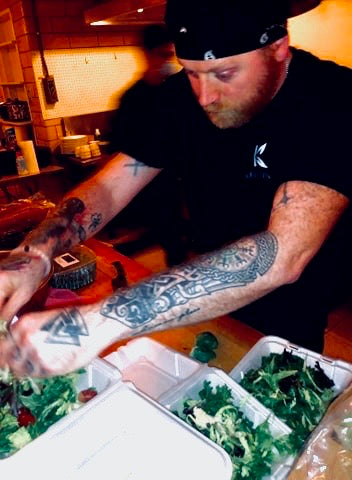


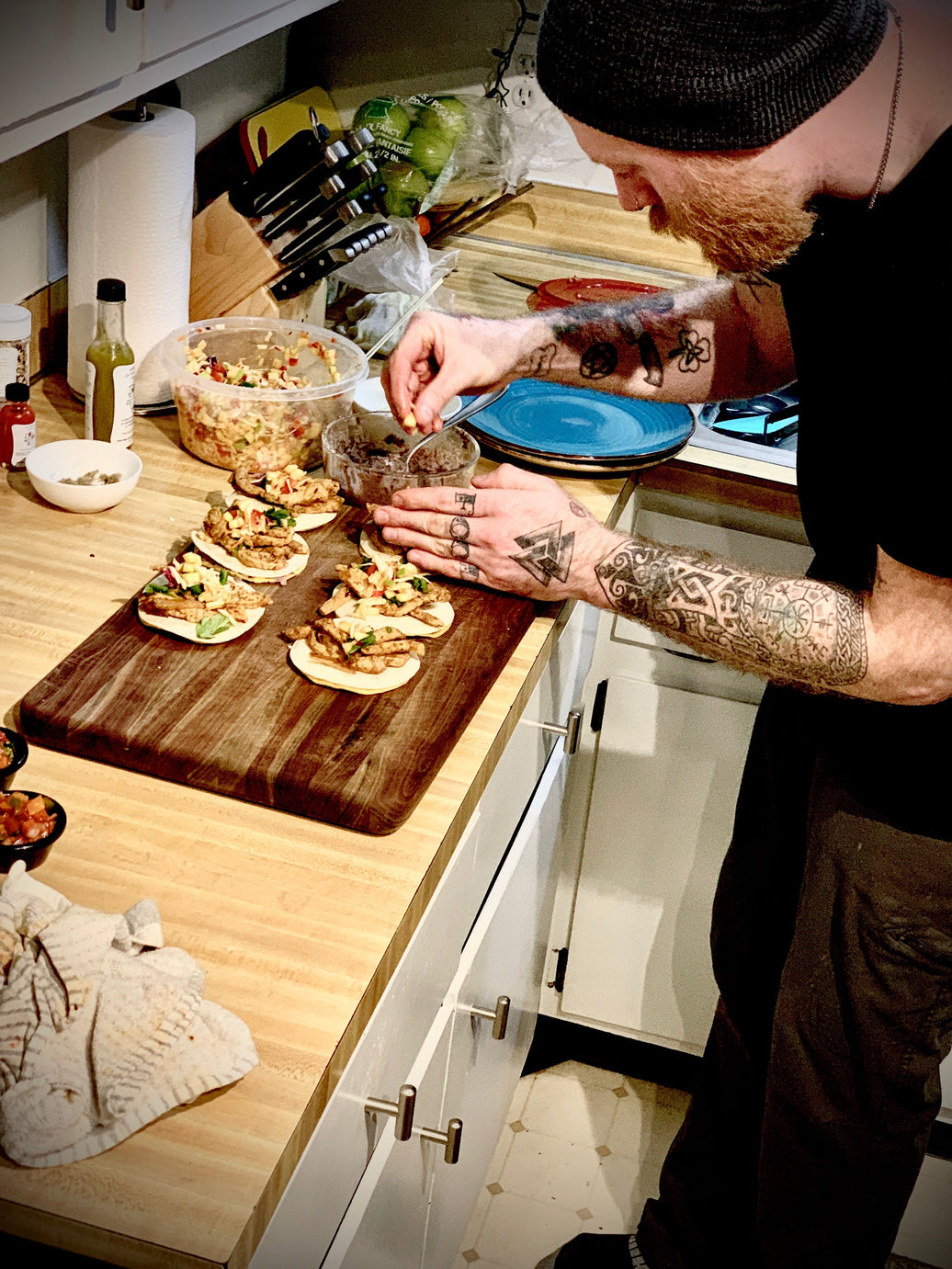
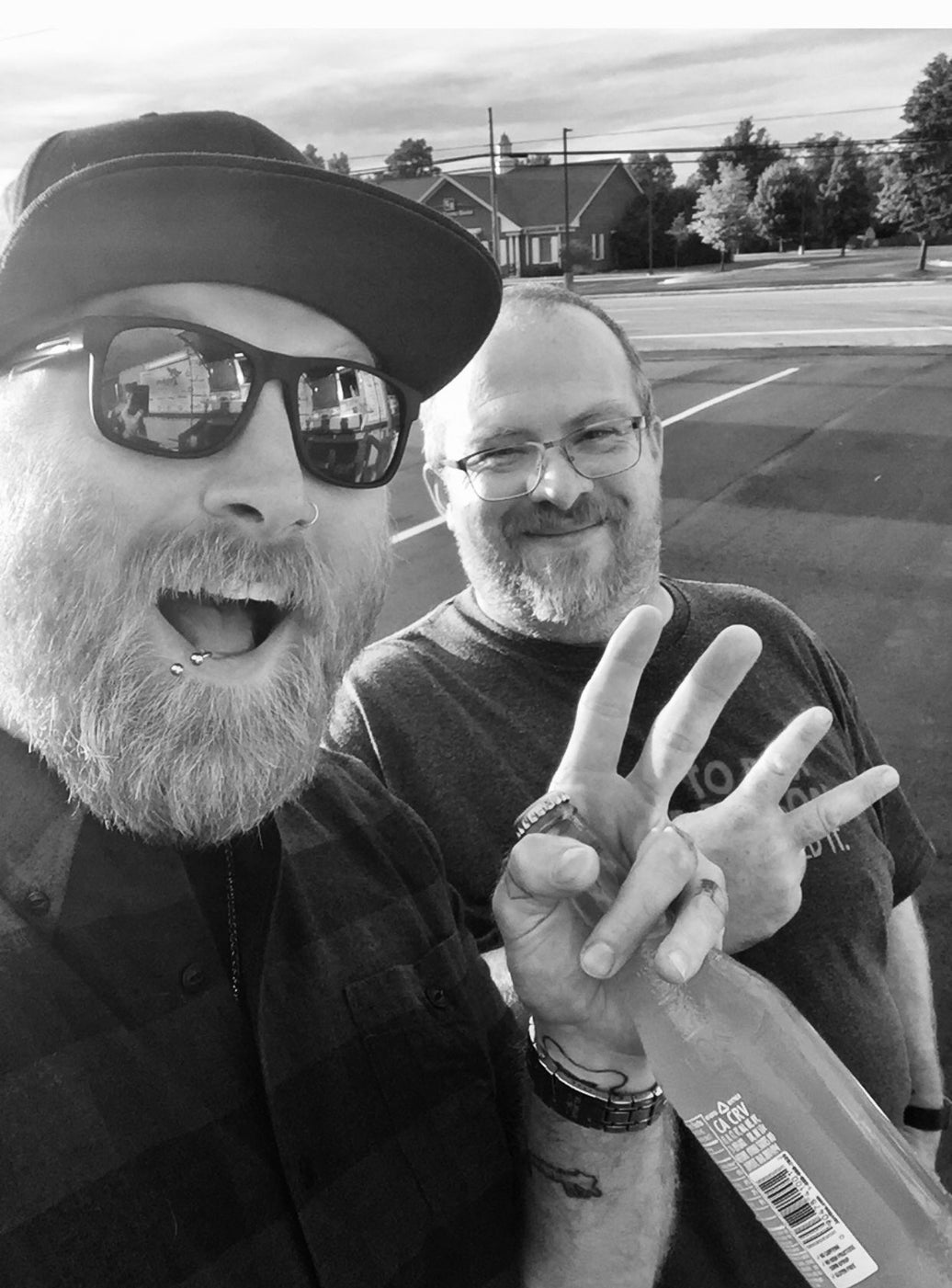

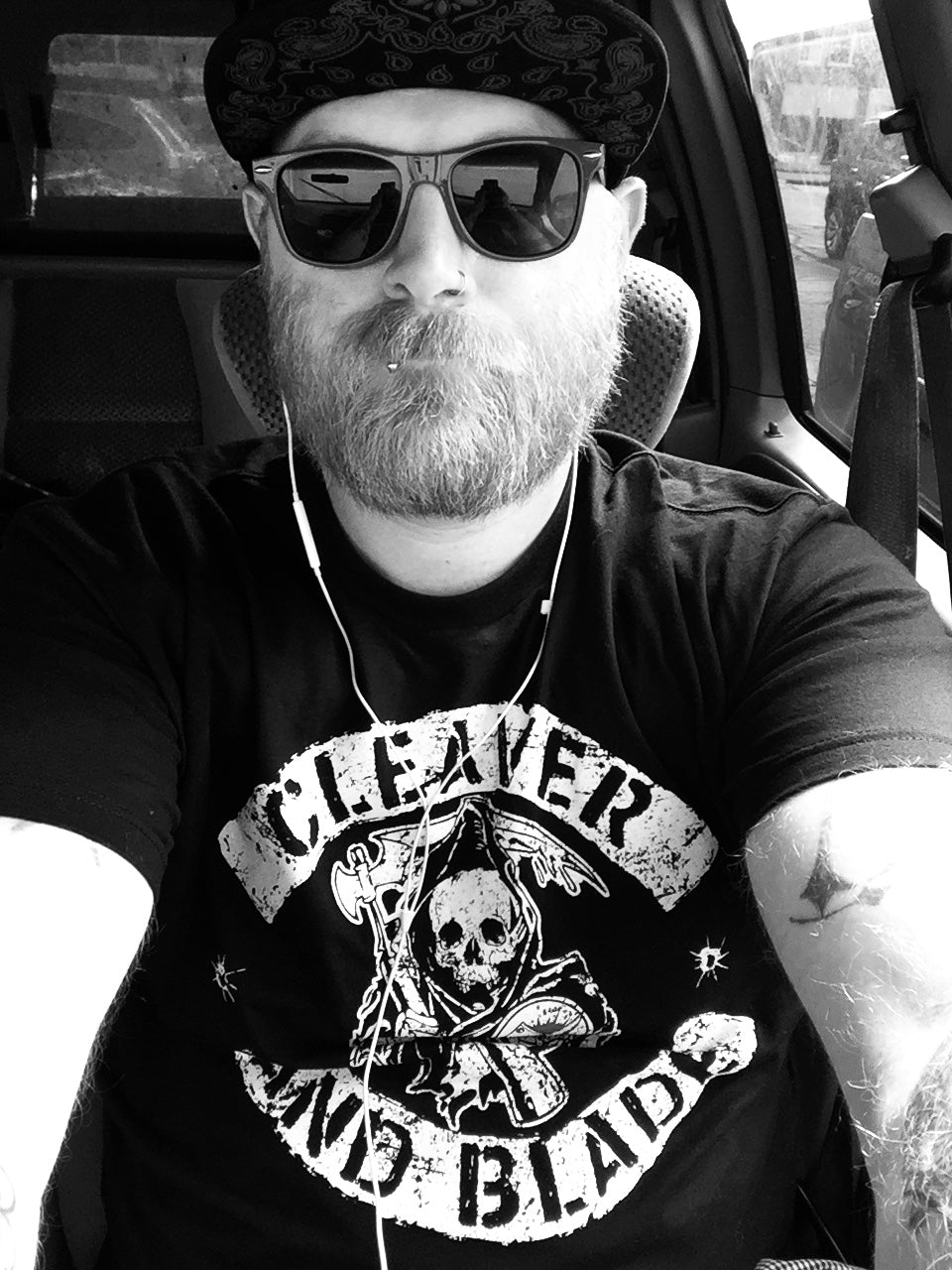
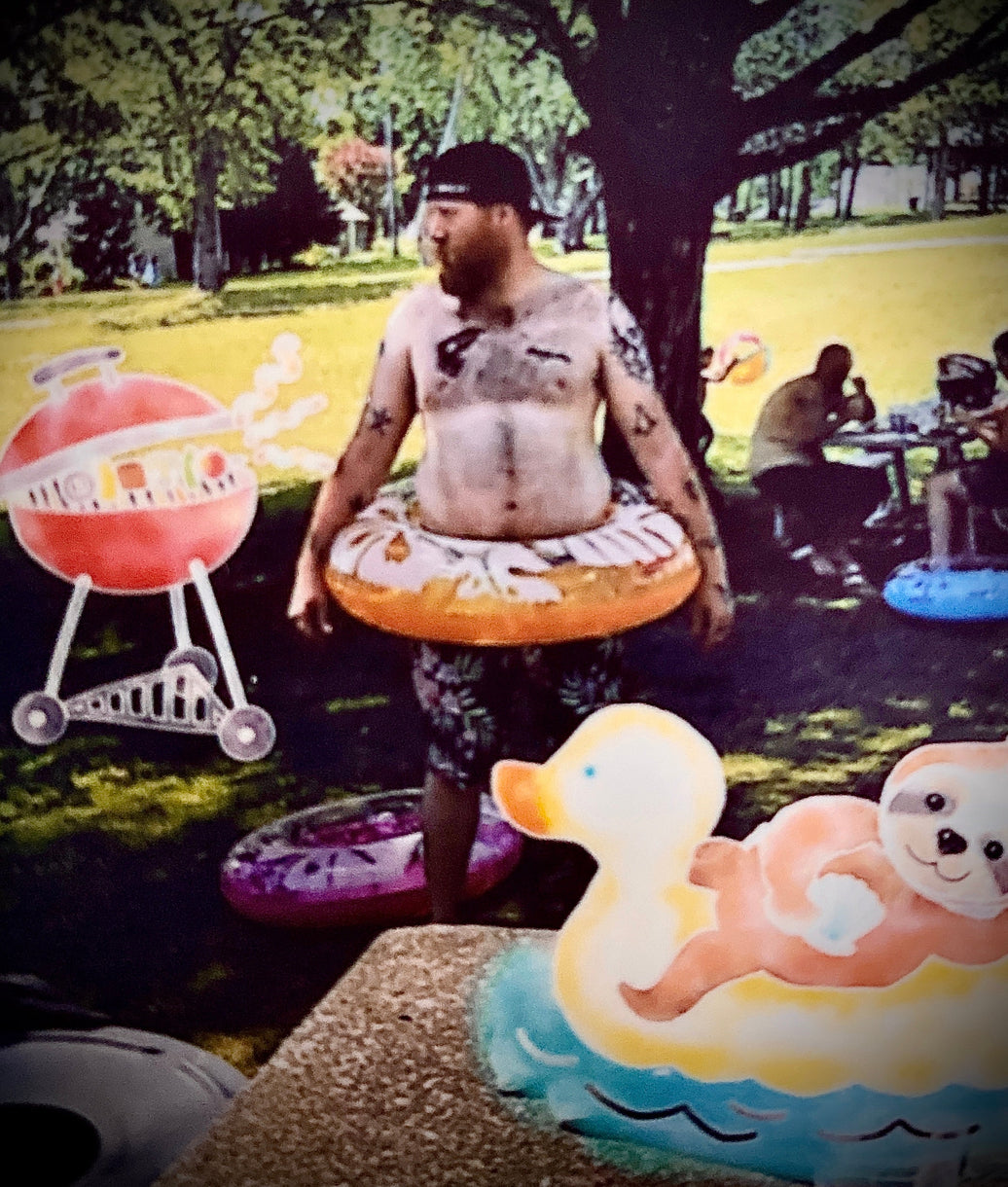

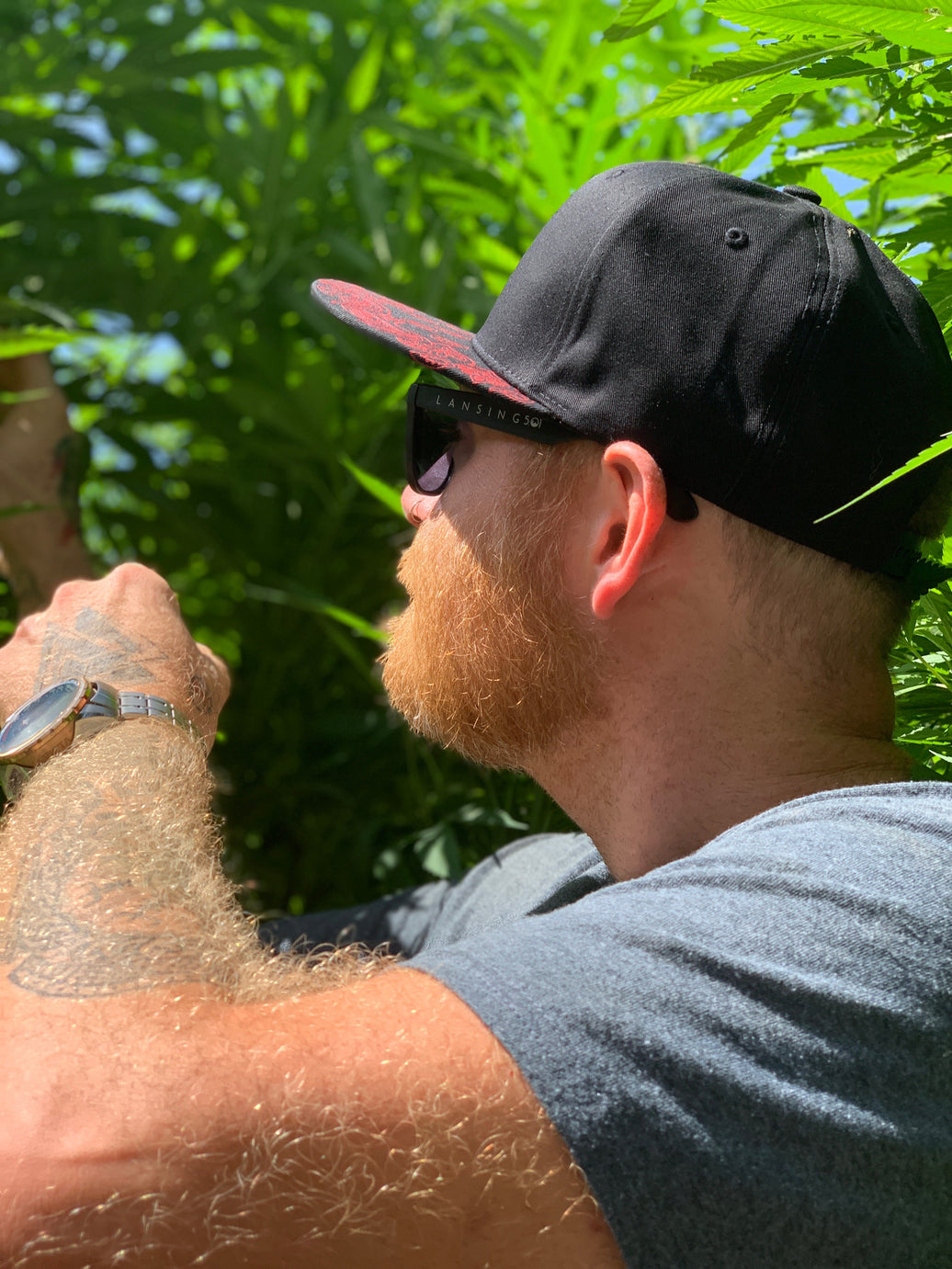
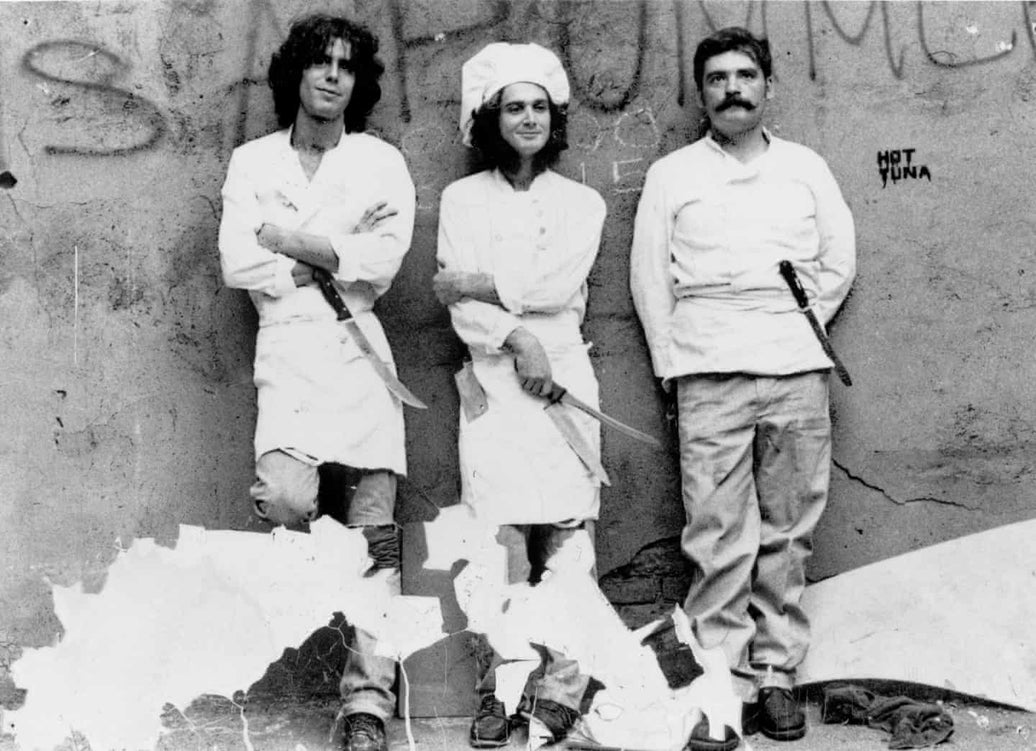

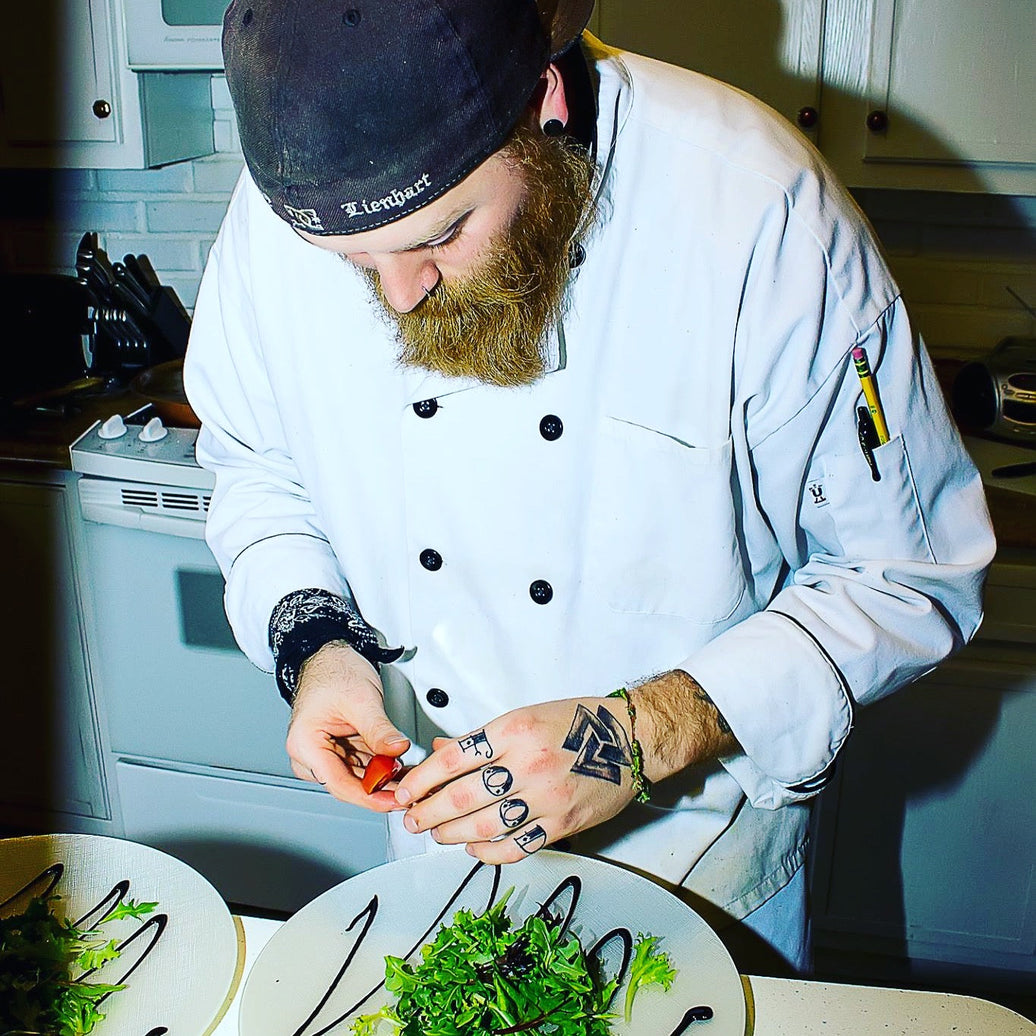
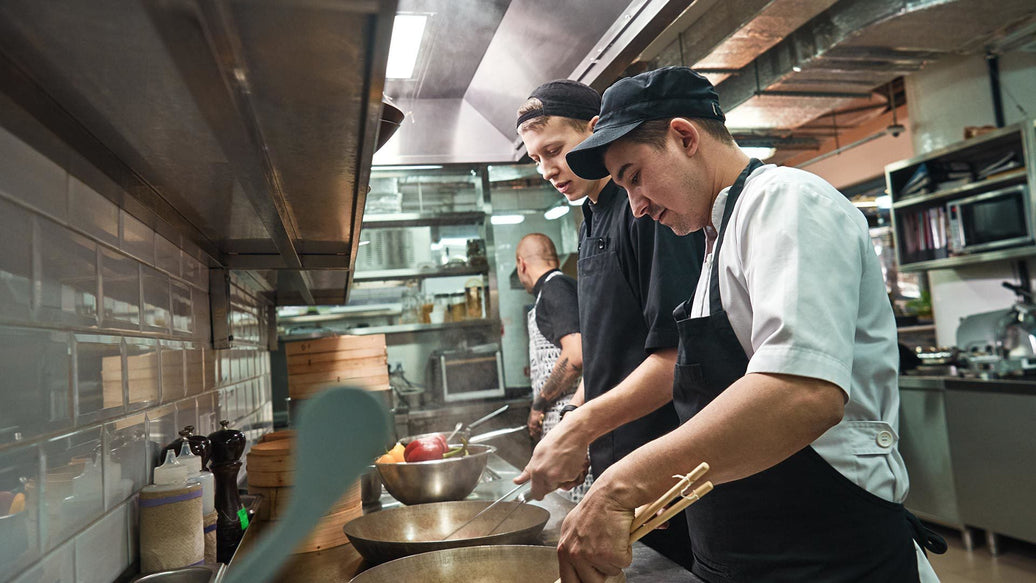
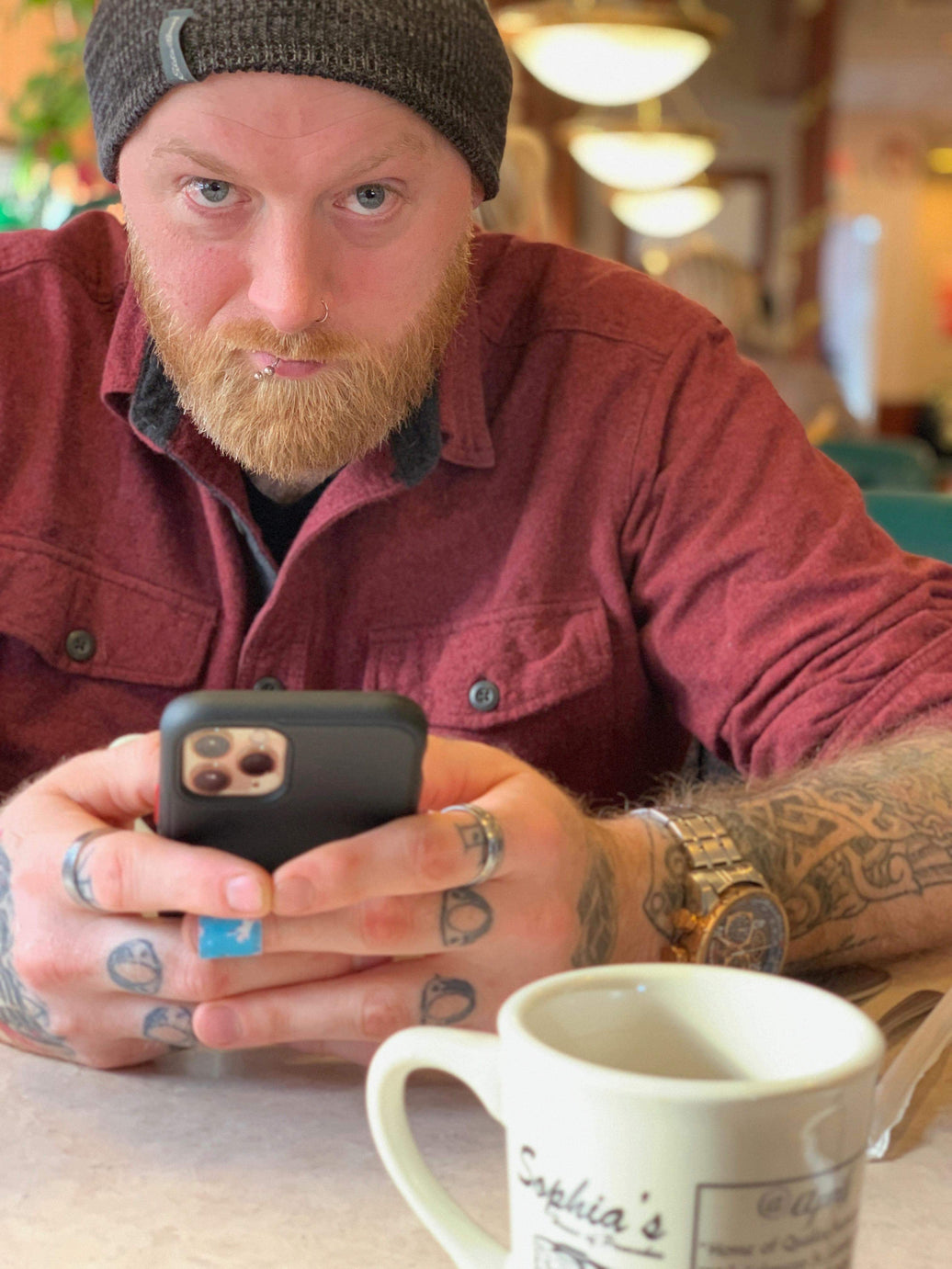

2 Comments
When is the antiquated and abusive practice of “staging” going to end. The finest (debatable) restaurants offer work time as a slave with no pay to staff their places with new hires while they reap profits fir owners and investors.
Just one of the activities that lead to an unbajanced lifestyle… oh and brunch service too
A-fucking-men. Catching that shit early is hard, but you’re never too burnt to make a change.